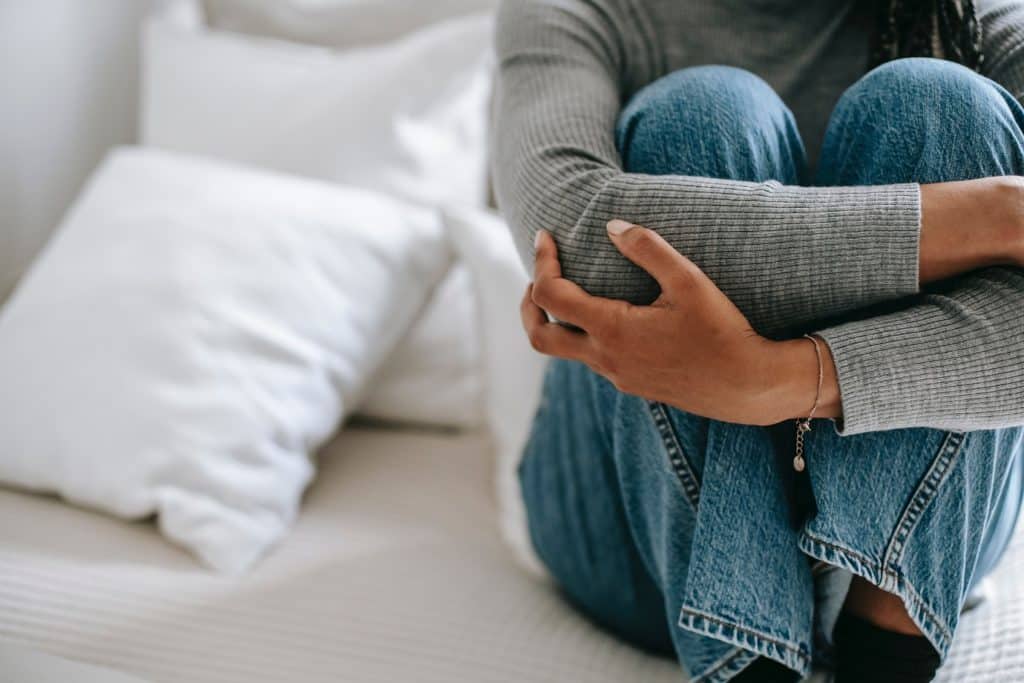Alarming new data reveals sexual violence is more prevalent in Australia than previously thought, with more than half (51 per cent) of women in their twenties reporting they have experienced sexual violence.
Researchers from the University of Newcastle, using data from ANROWS’s Australian Longitudinal Study on Women’s Health (ALSWH), also found that 34 per cent of women in their forties and 26 per cent of women aged 68 to 73 have experienced sexual violence.
As Australia’s first study to use longitudinal data to map the prevalence and impacts of sexual violence across a woman’s life, these findings are significant.
“This study disrupts some serious misconceptions about sexual violence,” says Peta Forder, a senior analyst on the study. “This research shows that sexual violence isn’t a rarity that largely happens to young women. Unfortunately, it’s all too common. It happens across a woman’s lifetime and sometimes starts young, in childhood.”
The impacts of sexual violence are long-lasting. The ANROWS study found that women in their twenties and forties who experienced childhood sexual violence are twice as likely to have experienced sexual violence, domestic violence and physical violence as an adult.
Forder says that it’s especially critical to address these findings connecting sexual violence in childhood to re-victimisation in adulthood.
This new research also reveals the impacts of sexual violence on women’s finances, health and wellbeing.
Victims and survivors of sexual violence are between 30 and 45 per cent more likely to have high levels of financial stress. They also report worse physical and mental health, including chronic conditions and mental health issues.
CEO of ANROWS, Padma Raman says: “This study is an example of women providing researchers access to information about their experiences in the hope that that data will inform urgent and practical change.”
Raman sees this research as an opportunity to emphasise to policymakers that sexual assault is a health risk and that we need to build responses to address possibilities of future harm, such as re-victimisation.
“The evidence is shocking, but it also shows that women connected to accessible healthcare services and strong social support experience better quality of life after sexual violence,” says Raman. “We need to hear that message and really invest in what works for women’s long-term recovery.”
Senior report author, Professor Deborah Loxton agrees that connecting women to both formal and informal support systems is something that can buffer the trauma of sexual violence.
“We need to make sure that at all levels– in policy, practice and in the community– we are thinking about how to promote connectedness and to keep women feeling supported and linked to family or friends, as well as making sure appropriate mental and medical health services are accessible to all who need them,” says Loxton.
Researchers on the study have also highlighted the need for a nationally consistent definition of sexual violence. The true prevalence and cumulative impact of sexual violence can become hidden when we rely on data collected at a single point in time or when definitions are too narrow or inconsistent.
Amanda Rishworth, Minister for Social Services describes ANROW’s findings as concerning and says this research is important in highlighting the “scourge” of sexual violence experienced by women which has both short and long-term impacts.
Going forwards, Rishworth says the Albanese Labor Government is committed to acting on the family, domestic and sexual violence against women and children in Australia that’s at epidemic proportions.
“Along with my state and territory counterparts, I’m committed to releasing the next National Plan to End Violence against Women and Children by October. This Plan will be important to turning these figures around.”
Parts of this content may be confronting or distressing. If you require support, ANROWS recommends reaching out to specialist services including 1800RESPECT (1800 737 732), Lifeline (13 11 14) and, for Aboriginal and Torres Strait Islander people, 13YARN (13 92 76).


